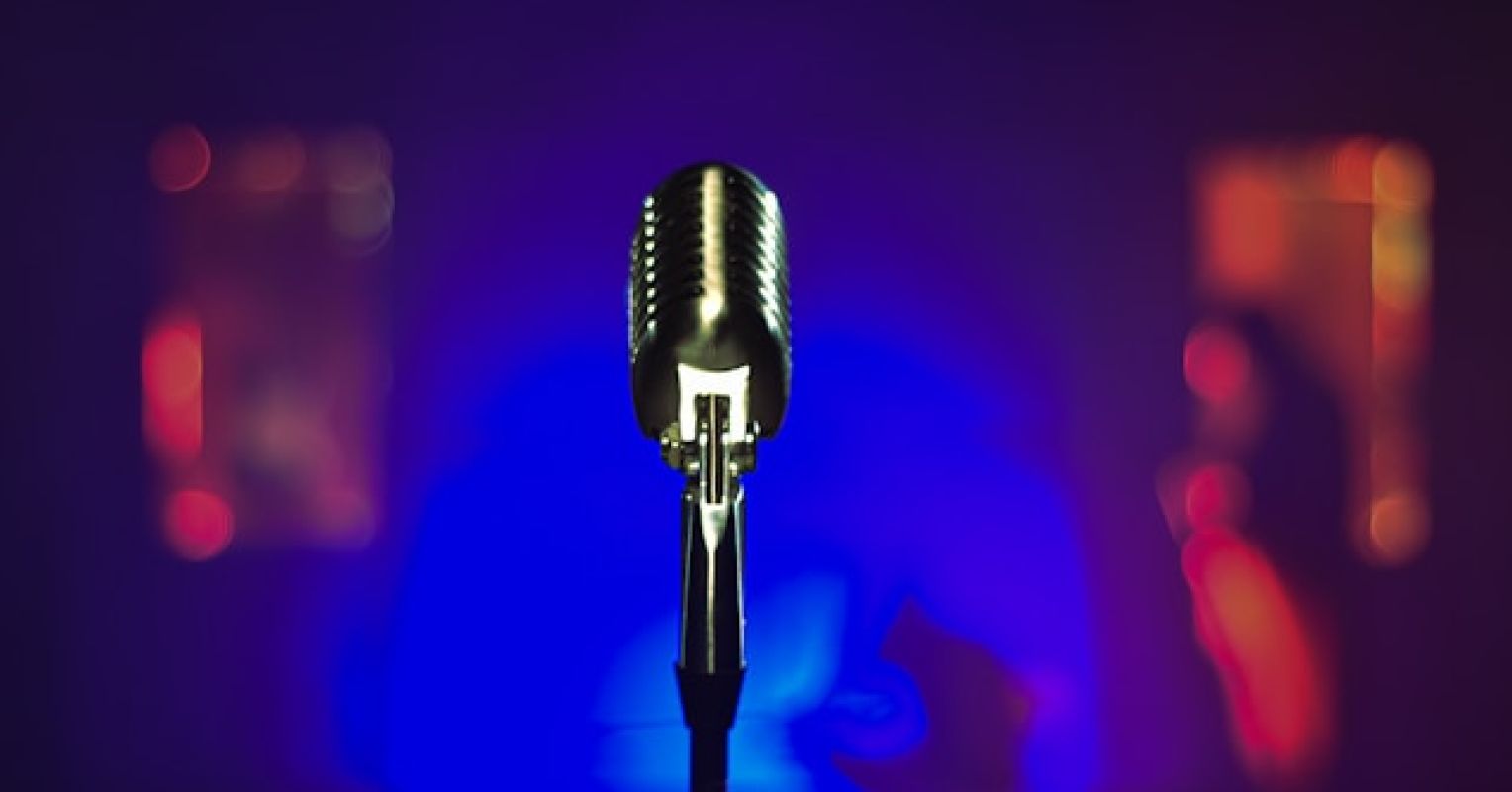
"I'm sitting in one of those 1970s black and white, tweed-cushioned, metal-framed chairs. It's the artist's lounge of the KickstART 2001 Disability Arts Festival at the Roundhouse Community Centre in downtown Vancouver. The Society for Disability Arts and Culture is hosting this inaugural international event. Out the window and across a tiled plaza, I see the neon sign of Gen Sushi. I am not hungry."
"Beside me is David Roche, a seasoned storyteller, author, and actor who is presenting his acclaimed show The Church of 80% Sincerity, which is about-among other things-his facial disfigurement. I, at this point, feel like a mass of quivering sea cucumbers. I'm a trained actor, but I haven't been in front of an audience for years. Three psych ward stays, each due to psychosis, and one very public naked run down a street, not surprisingly, derailed my promising TV and film career."
"At the festival, however, what sticks most, above all my nausea and nerves, is that I feel among friends here. I am one of many disabled artists presenting very personal, sometimes very political works. I'm to read excerpts from my book Crazy for Life. At the time, I called it The Truth Will Set You Free, but First It Will Piss You Off. Too long for decent sound bites; I am a shameless self-promoter, and I made it more digestible for the media."
A recovering artist attends the KickstART 2001 Disability Arts Festival in Vancouver while navigating bipolar disorder with psychotic features, temporal lobe epilepsy, and generalized anxiety. Multiple psychiatric hospitalizations and a public naked episode interrupted a promising television and film career. The festival setting provides a sense of belonging among disabled artists presenting intimate and political work. The artist prepares to read excerpts from a memoir originally titled The Truth Will Set You Free, but First It Will Piss You Off, later retitled Crazy for Life. The artist uses self-promotion and creative work as part of recovery and rebuilding confidence.
Read at Psychology Today
Unable to calculate read time
Collection
[
|
...
]